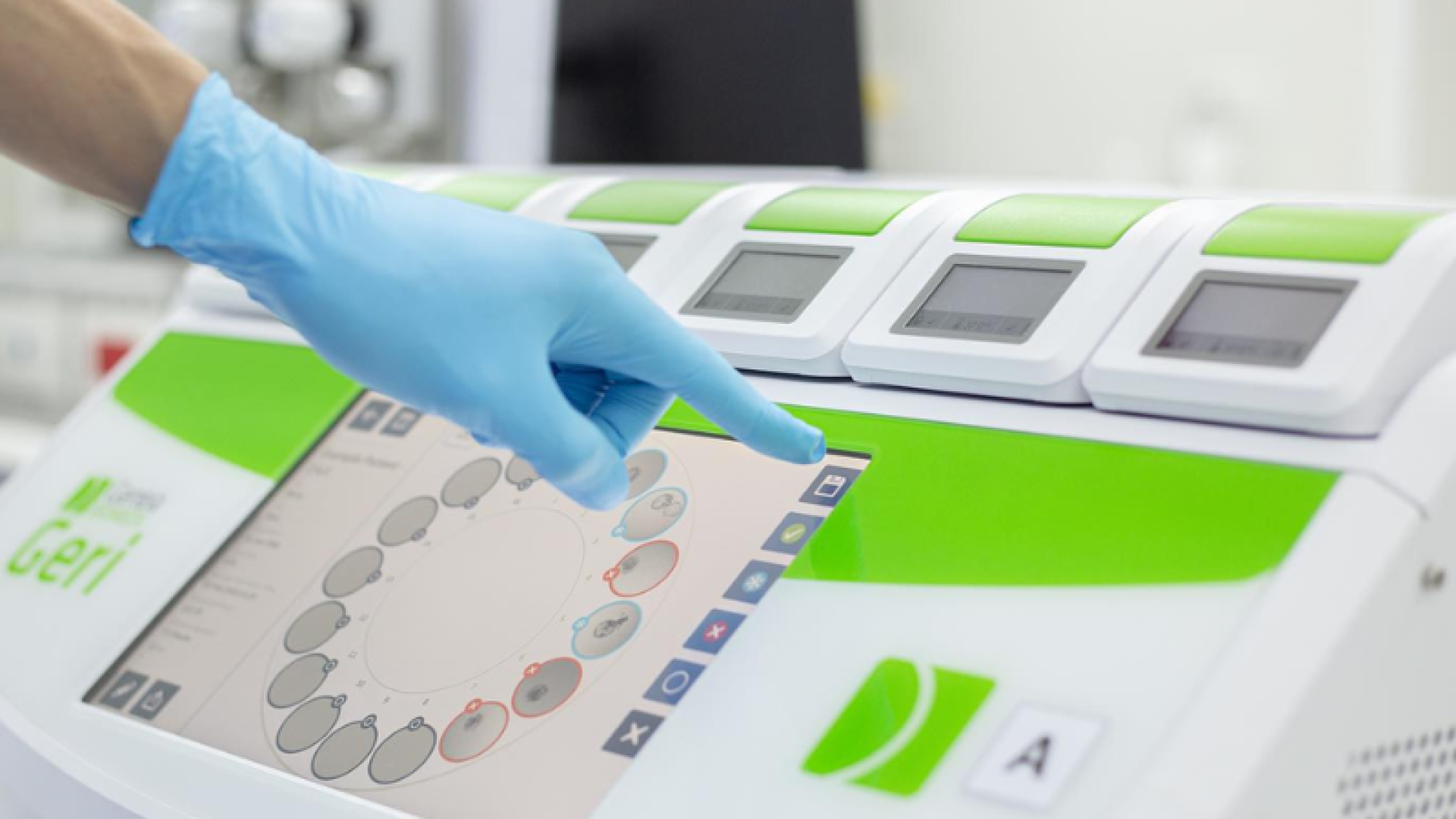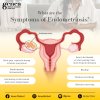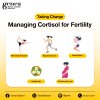The IVF Journey: What to Expect and How to Prepare for Your Fertility Treatment

IVF Unpacked: Your Journey Begins Here
For many people, IVF represents hopea chance to start or grow a family when natural conception has been challenging. IVF, or in vitro fertilization, involves combining eggs and sperm outside the body to create an embryo, which is then transferred to the uterus. This process provides an opportunity for those who have struggled with infertility, and understanding what to expect can help ease some of the uncertainty.
Why Genea Offers ICSI Instead of Traditional IVF
At Genea, we take things a step further with a method called ICSI (Intracytoplasmic Sperm Injection). Instead of traditional IVF, where the sperm and egg are simply put together to let nature take its course, ICSI involves directly injecting a single healthy sperm into an egg. This extra step is especially helpful when there are challenges with sperm quality. For couples dealing with things like low sperm count, poor sperm movement, or unsuccessful IVF attempts in the past, ICSI offers a higher chance of success and helps set the stage for the best possible outcome.
ICSI vs. IVF: Whats the Difference?
Heres a quick look at how IVF and ICSI compare:
IVF (In Vitro Fertilization):
- Place eggs and sperm together, allowing the sperm to naturally attempt fertilization.
- Best suited for situations without sperm quality issues, as sperm must reach and penetrate the egg on their own.
- Also offers high success rates, but may be less effective for cases with specific male infertility factors.
ICSI (Intracytoplasmic Sperm Injection):
- Directly injects a selected sperm into an egg.
- Ideal for cases where there are issues with sperm quality, such as low count or motility.
- Highest success rate among assisted reproductive technologies due to its precision.

Potential Benefits of ICSI:
- Increased Fertilization Rates: ICSI can significantly improve fertilization rates, especially in cases of male factor infertility.
- Targeted Fertilization: By directly injecting a sperm into an egg, ICSI can bypass any sperm-related issues that might hinder natural fertilization.
- Genetic Screening: ICSI can be combined with PGT to select healthy embryos for transfer, reducing the risk of passing on genetic disorders.
In the Steps: How You Can Help Us, Too
In the ICSI process, there are parts where you play a key role and others where Geneas team steps in with expertise and care. Heres a look at what you can do to help along the way:
1.Preparing Yourself
Your overall health can make a big difference in fertility. Eating a balanced diet, staying active, managing stress, and getting enough rest are all helpful steps. Cutting back on alcohol, avoiding tobacco, and keeping away from other substances can also have a positive impact. Dont forget to lean on friends, family, or even a counselor for emotional supportfeeling grounded can make the journey easier.
Nutritional Support for ICSI Success
Supplement for preparing for ICSI treatment or planning to be pregnant. Proper nutrition plays a significant role in overall health and can positively impact fertility treatments like Intracytoplasmic Sperm Injection (ICSI). A well-balanced diet can enhance the quality of eggs and sperm, optimize hormonal balance, and strengthen the immune system.
For Women
Coenzyme Q10 plays a vital role in cellular energy production. Research indicates a correlation between CoQ10 levels in follicular fluid, oocyte quality, and pregnancy rates (Ref. PubMed).
Astaxanthin enhances the antioxidant capacity of oocytes, safeguarding egg quality.
Vitamin C is essential for collagen synthesis and protects oocytes from oxidative damage.
Folic acid deficiency is a potential cause of miscarriage.
For Men
Vitamin C is crucial for sperm production, directly impacting sperm quality.
Vitamin D is linked to changes in sperm quantity and quality, as well as testosterone levels.
Zinc significantly improves sperm quality in men with fertility issues (Ref. Sci Rep).
Selenium is essential for reproductive health, influencing testosterone function and serving as a component of selenoproteins found in sperm.
2.Sperm Selection
Geneas team will carefully choose the healthiest sperm, but you can help by making healthy lifestyle choices that support sperm quality. Regular exercise, a nutritious diet, and avoiding smoking or excessive drinking can improve sperm health and movement.
3.Egg Preparation
Healthy eggs are important for the best results. Women can boost egg quality by reducing caffeine, managing stress, and following any specific advice from their fertility specialist.
Once youve done your part, Geneas skilled embryologists take it from there. During the injection phase, a single, healthy sperm is injected directly into each mature egg, giving fertilization the best shot at success. The embryos are then placed in an incubator, where theyre carefully monitored to ensure theyre developing just right. With these steps in place, Genea provides the best possible conditions to support your fertility journey.


